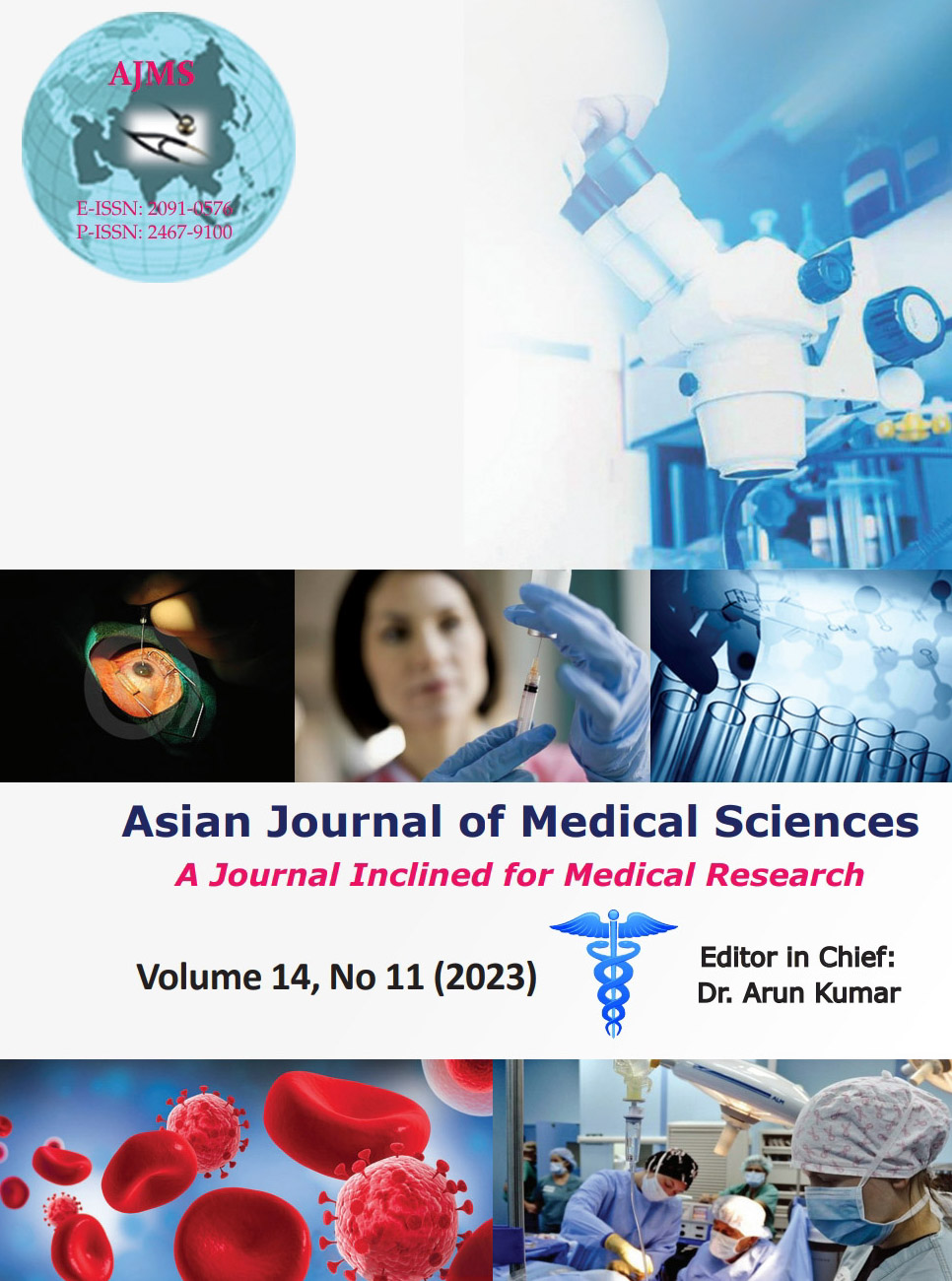A cross-sectional survey on sleep disturbances with special reference to sleep quality among COVID-19-recovered patients attending outpatient department of a medical college hospital in Eastern India
Keywords:
COVID-19 recovered patients; Subthreshold insomnia; Poor sleep quality; Daytime sleepiness; Post-COVID insomniaAbstract
Background: The prevalence of sleep problems is approximately 40% among the general and health-care populations. Post-covid-19 sleep disturbances may persist for a long time and are often precursors of psychiatric disorders and expeditors of many systemic diseases. Studies on sleep quality in COVID-19 patients are considerable but in post-COVID-recovered subjects are scanty. There is no study on sleep quality of such patients in Eastern India.
Aims and Objectives: We hypothesize that both sleep disturbances and sleep quality may be affected in subjects in their post-COVID state. Therefore, we planned to study the prevalence of sleep disturbances, sleep quality, severity of insomnia, and the relationship of different parameters with respect to sleep quality.
Materials and Methods: Two hundred and fifty COVID-19-recovered patients were administered a pre-structured questionnaire including Pittsburgh sleep quality index and insomnia severity index containing various sleep parameters.
Results: Majority of the study participants had sleep disturbances in the form of change in sleep pattern (59.6%), poor sleep quality (77.6%), reduced sleep duration (29.6%), daytime sleepiness (20%), difficulty in sleep initiation (29.6%), and subthreshold insomnia (53.6%). Poor sleep quality was strongly associated with reinfection, change in sleep pattern after infection, sleep pattern alteration during pandemic, and those who felt tired during daytime.
Conclusion: This study concludes that a significant number of COVID-19-recovered subjects experienced sleep disturbances including poor sleep quality.
Downloads
Downloads
Published
How to Cite
Issue
Section
License
Copyright (c) 2023 Asian Journal of Medical Sciences

This work is licensed under a Creative Commons Attribution-NonCommercial 4.0 International License.
Authors who publish with this journal agree to the following terms:
- The journal holds copyright and publishes the work under a Creative Commons CC-BY-NC license that permits use, distribution and reprduction in any medium, provided the original work is properly cited and is not used for commercial purposes. The journal should be recognised as the original publisher of this work.
- Authors are able to enter into separate, additional contractual arrangements for the non-exclusive distribution of the journal's published version of the work (e.g., post it to an institutional repository or publish it in a book), with an acknowledgement of its initial publication in this journal.
- Authors are permitted and encouraged to post their work online (e.g., in institutional repositories or on their website) prior to and during the submission process, as it can lead to productive exchanges, as well as earlier and greater citation of published work (See The Effect of Open Access).




